Top 5 Cities for RevPAR Drop in Home-Sharing
Airbnb and Vrbo renters have been heavily impacted by the COVID-19 crisis. Here's a breakdown of the cities with the highest decline in revenue, based on AirDNA data.
Hospitality emerged as one of the hardest-hit sectors amid the COVID-19 pandemic, as events were postponed or canceled, and stay-at-home orders were issued. Back in March, we reported on the different approaches Airbnb and Vrbo took as they began to feel the immediate effects of the health crisis. Now, months later, we look at how the revenue per available room of the two services has changed year-over-year through June, according to AirDNA data.
In some larger cities with at least 1,000 listings, daily RevPAR for Airbnb and Vrbo increased by as much as 91.3 percent, as is the case for Phoenix. However, the bulk of major tourism-driven cities in the country saw sharp declines in home-sharing revenue by as much as 68.1 percent.
5. Washington, D.C.
In pre-pandemic days, Washington, D.C., enjoyed moderate job growth, with leisure and hospitality among the best-performing employment sectors in the metro. However, as the city issued a stay-at-home order at the end of March, the metro started to lose jobs. A total of 317,900 positions were lost in the 12 months ending in April, with tourism-related positions accounting for more than half of that. The sector shrunk by 47.4 percent, diminishing its share of the total employment pool to only 5.9 percent. And while lifting the order meant that some industries would start to recover, that wasn’t the case for the most-affected sector, according to May estimates.
Last year, home-sharing services became legal in Washington, D.C., following a lengthy political and legislative saga. Although short-term rentals had operated in the city before, the D.C. Zoning Commission approved emergency rules in 2019 that allowed homeowners to post bedrooms, basements or carriage houses on Airbnb and similar platforms. Homeowners can rent them out for as long as they want, but for less than 30 days at a time, provided they also reside on the property. The coronavirus outbreak dampened travel activity in the city, which resulted in a plunge of 53.6 percent—or $51.16—year-over-year through June in combined daily RevPAR for Airbnb and Vrbo.
4. Lahaina, Hawaii
Due to the state’s tourism-oriented economy, Hawaii was one of the hardest-hit regions during the pandemic. Because the country had to implement travel restrictions to prevent the spread of the virus, states with a larger concentration of travel-related jobs felt the burden more acutely. While unemployment stood at 2.4 percent in March, the following month the jobless rate was almost ten times higher, at 23.8 percent. The state lost almost 380,000 positions in a month, with the leisure and hospitality sector accounting for roughly 15 percent of all jobs lost. And Lahaina was in a worse position, with an unemployment rate of 33.4 percent—the lowest in the nation, according to May estimates.
Earlier this year, Attorney General Clare Connors proposed a measure that would regulate short-term rentals. House Bill 460, which would give counties authority to regulate Airbnb-like platforms, enjoys the support of the planning departments of the city of Honolulu, Honolulu County, Maui County and Hawaii County. Additionally, Airbnb and Vrbo will drop rental listings without a valid tax map key from their websites, as part of their agreements with Kauai County. The trouble for the two platforms, however, is much deeper. In Lahaina, daily RevPAR dropped by 54.1 percent year-over-year through June, to $102.96.
3. Boston
Benefiting from a more diversified economy and a large pool of highly qualified workers, Boston’s economy didn’t rely as strongly on tourism-related activities as other metros on this list. However, all large-scale events that attracted tourists to Boston have been canceled or postponed, including the Boston Marathon, the NFL and NBA seasons, and museums. As a result of this and other COVID-19-induced consequences, Boston lost more than 500,000 positions in the 12 months ending in April. The leisure and hospitality industry accounted for 38.9 percent of all jobs lost.
In January 2018, Boston proposed an ordinance to regulate Airbnb-like sites, which took effect the following year. In essence, the regulations implemented a three-tiered classification, and short-term rental hosts will have to register with the city. But the impact of the health crisis was far worse, with daily RevPAR for both Airbnb and Vrbo dropping 61.2 percent, to $66.86.
2. San Francisco
California was one of the first states to take shelter-in-place measures in March. And after lifting certain restrictions, the number of confirmed cases skyrocketed. As a result, Gov. Gavin Newsom ordered tougher restrictive measures on indoor activities, and San Francisco’s director of public health announced that the city would not go forward with easing restrictions. The San Francisco metro lost a total of 221,500 positions in the 12 months ending in April, with the number of leisure and hospitality jobs shrinking by more than 50 percent, or 105,300. Overall, San Francisco’s unemployment rate increased from 3.5 percent in March to 13.2 percent in April—the highest level in decades.
Airbnb started out in San Francisco, and, only two years ago, it was clear that the company had reached saturation in the city. The number of listings rose far slower than in other California cities while maintaining a steady occupancy rate of more than 65 percent. As a result of the economic fallout, daily RevPAR for both Airbnb and Vrbo declined by 66 percent year-over-year through June, to $48.03.
1. New York
New York was one of the hardest-hit markets amid the COVID-19 pandemic. The state had previously recorded the highest number of cases in the country, but has since been surpassed by other states that have recently seen an uptick in new cases. In April, as the city dealt with an increased number of infections, officials decided to cancel concerts, festivals and parades. Additionally, New York also placed a ban on international and nonessential travel, while bars and retail venues were shuttered. As a result, the metro’s unemployment rate rose from 3.8 percent in March to 16.3 percent in May, according to estimates—well above the 13 percent national average. The leisure and hospitality employment sector contracted by more than 60 percent year-over-year through May, to 260,900 positions, the lowest level over the past three decades.
In July, Mayor Bill de Blasio reached an agreement with Airbnb, and, as a result, the home-sharing platform will have to hand over data to the city for easier enforcement of New York City’s short-term rental regulations. The dispute began in 2018 when the short-term rental service sued the city over the data request. But now, with this year’s stay-at-home order and lockdown, New York’s tourism activity has plummeted, resulting in a sharp decline in daily RevPAR for the home-sharing industry. Year-over-year through June, daily RevPAR dipped by 68.1 percent, to $34.89.

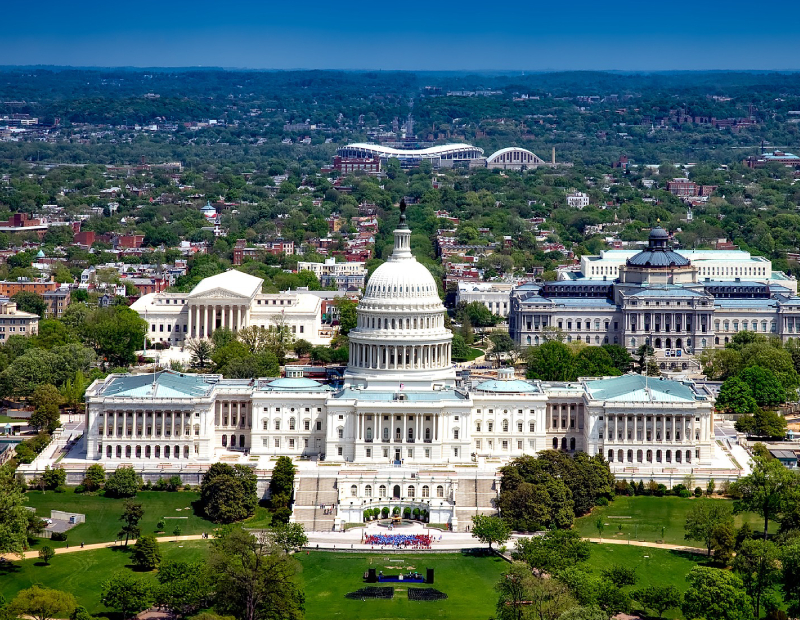
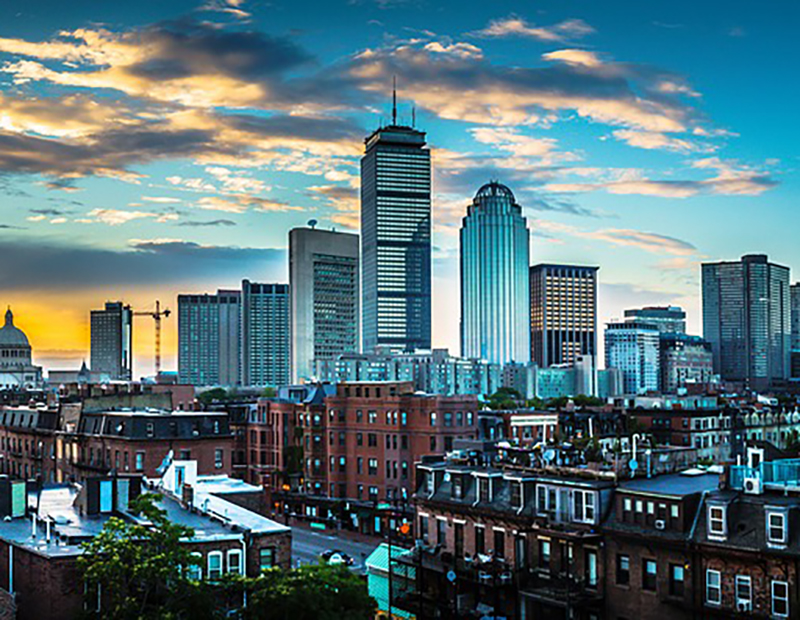
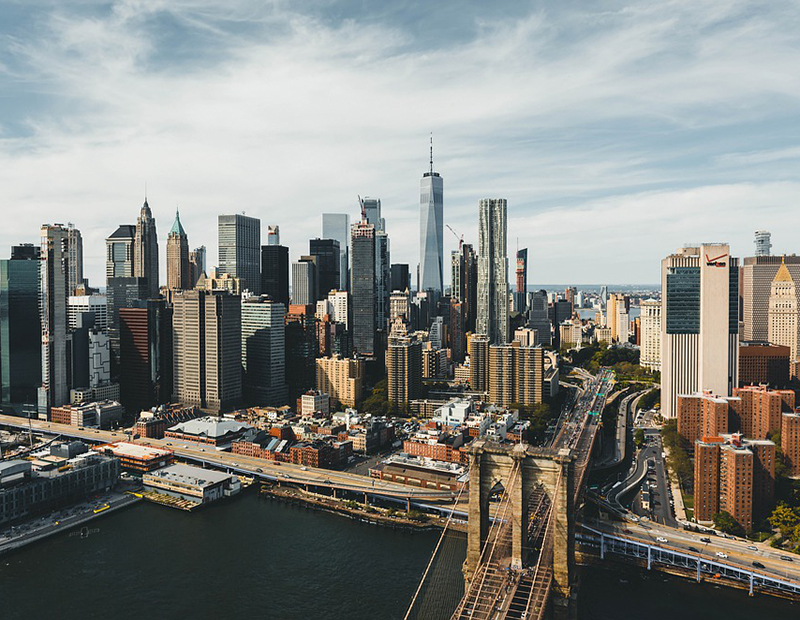

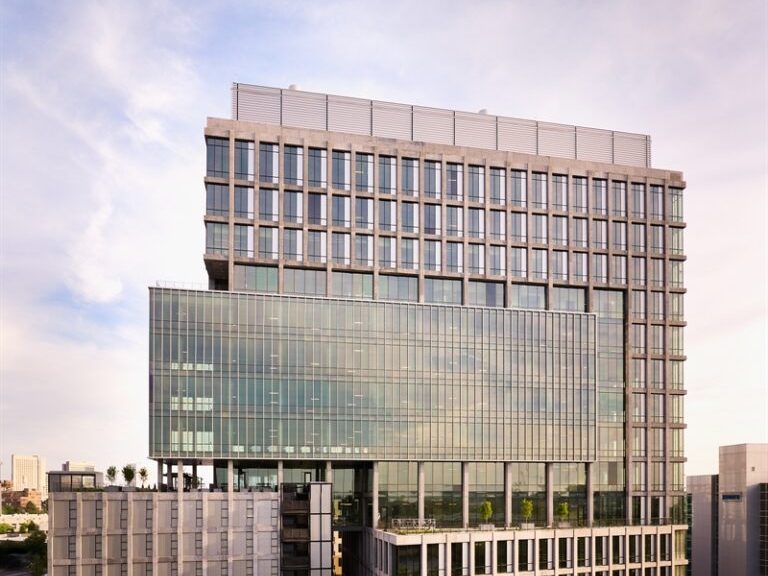

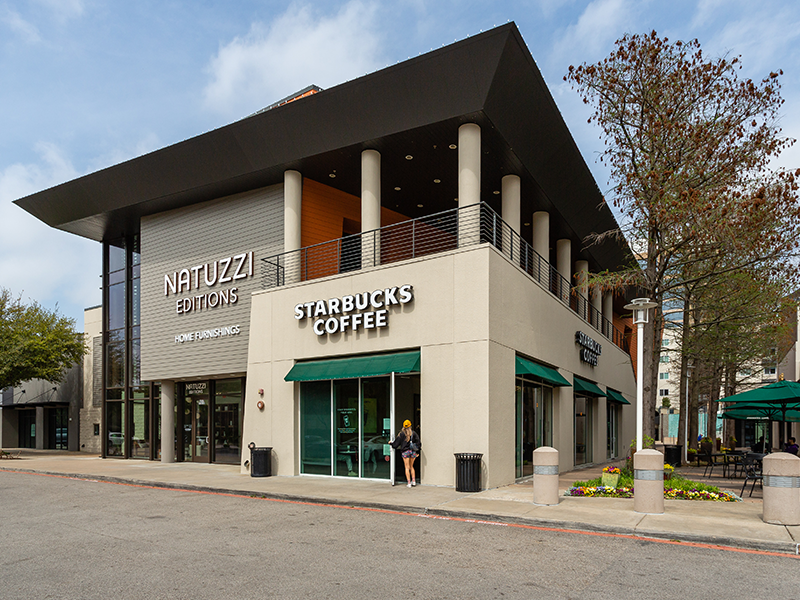
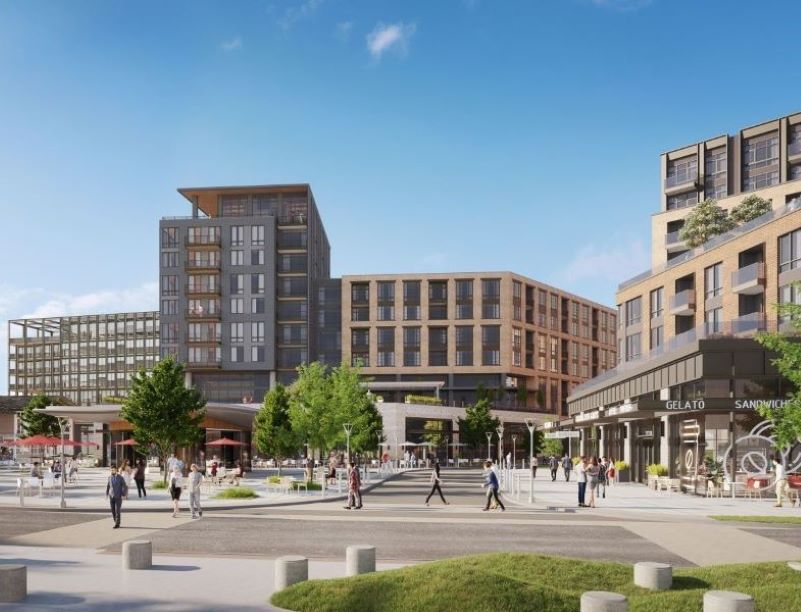
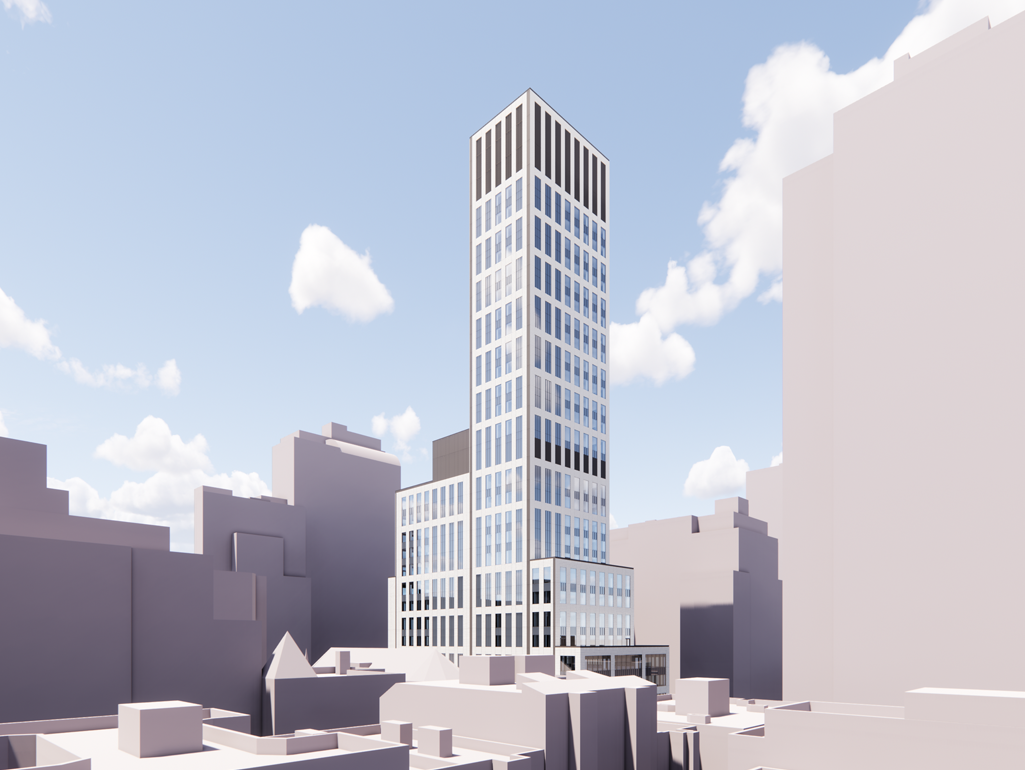
You must be logged in to post a comment.